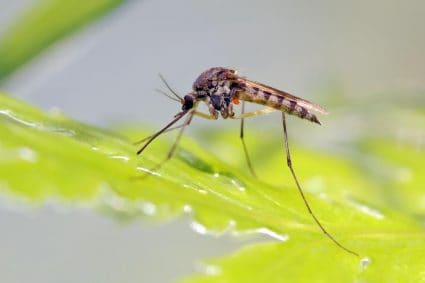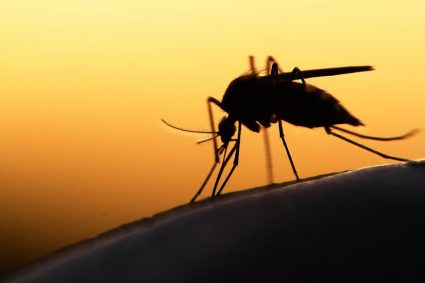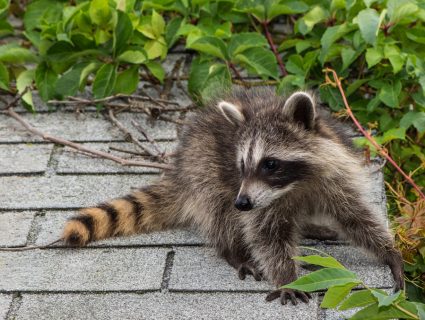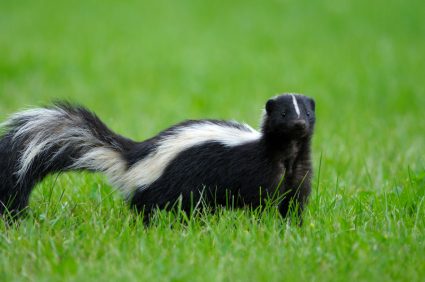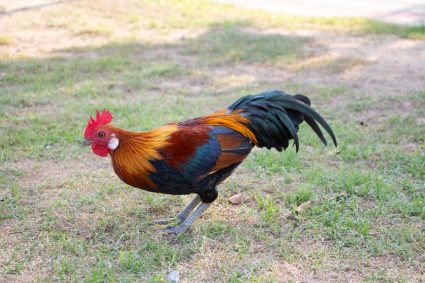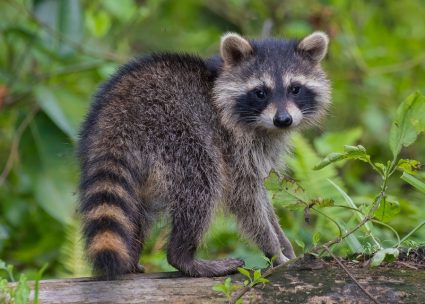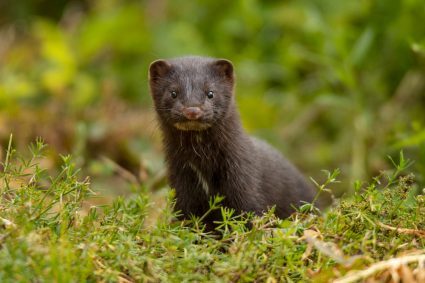
Shooting a skunk is a situation that one might contemplate when dealing with a persistent skunk problem. However, it’s essential to understand the consequences, legal implications, and potential ecological impact before taking such drastic action. In this comprehensive guide, we’ll explore what happens when you shoot a skunk, the potential legal consequences, the effect on the local ecosystem, the health risks associated, the skunk’s spray defense mechanism, humane alternatives, misconceptions about skunks, preventative measures, and natural repellents.
When you shoot a skunk, the immediate impact depends on the shot’s location and the firearm type used. A precise shot can cause instant death, potentially without the skunk releasing its spray. However, an inaccurate shot or one that merely injures the skunk will likely result in the skunk releasing its pungent spray as a defense mechanism. Keep in mind that shooting a skunk can have legal consequences, affect the local ecosystem, and pose health risks. It’s always better to consider humane alternatives first.
Immediate Impact on the Skunk
When a skunk is shot, the immediate impact depends on the location of the shot and the type of firearm used. An accurately placed shot in the head or brain can cause instant death, potentially without the release of the skunk’s infamous spray. However, if the shot is inaccurately placed or merely injures the skunk, it’s likely to release its spray as a defense mechanism. This spray is pungent, oily, and can cause intense discomfort and a lingering odor.
Legal Consequences of Shooting a Skunk
Before resorting to shooting a skunk, it’s crucial to be aware of the potential legal consequences. Laws regarding the shooting of skunks vary by location, so it’s essential to check with your local and state wildlife officials before taking any action. In some areas, it’s legal to kill a skunk if it’s causing a nuisance, but there may be restrictions on the use of firearms, even on private property. In other areas, shooting a skunk may be illegal entirely. Some states also have specific seasons for hunting skunks, and shooting one out of season could result in fines.
Impact on the Local Ecosystem
Skunks play a significant role in the local ecosystem. They are predators that help control the population of insects, small mammals, and other pests, which can be harmful to crops, lawns, and gardens. Removing a skunk from the ecosystem can inadvertently increase the population of these pests. Skunks also serve as prey for various predators, such as red foxes, cougars, coyotes, and domestic dogs. Removing a skunk from the ecosystem could disrupt the food chain and affect the populations of these predators.
Health Risks Associated with Shooting a Skunk
Beyond the foul smell, shooting a skunk can pose several health risks. Skunks are known carriers of rabies, and any skunk showing abnormal behavior, such as daytime activity, may be rabid. There’s also a risk of other zoonotic infections from the skunk’s blood. Additionally, the skunk’s spray, if it gets into a person or animal’s eyes, can cause intense discomfort.
Skunk’s Spray Defense Mechanism
A skunk’s spray is a defense mechanism used when they feel threatened. When a skunk is shot, it may respond by spraying its foul-smelling liquid. It’s important to note that skunks have a limited supply of spray, typically about six shots at a time, and it takes up to a week for their bodies to restore this supply.
Humane Alternatives for Dealing with Skunks
There are several humane alternatives for dealing with nuisance skunks. These include habitat modification, repellents, fencing, humane eviction, skunk-proofing your property, and hazing. If you need to trap a skunk, use a live trap and approach the trapped skunk slowly and calmly, covering the trap with a towel or sheet to minimize the risk of getting sprayed.
Misconceptions About Skunks
A common misconception about skunks is that they are aggressive and dangerous. While skunks can carry diseases like rabies, they are generally non-aggressive unless cornered or threatened. It’s also a misconception that skunks are always rabid if they are out during the day. While daytime activity can be a sign of rabies, it can also be a sign of a skunk looking for food or a female skunk with young kits.
Preventative Measures Against Skunks
Prevention is always better than cure. To prevent skunks from becoming a problem, secure your trash and pet food, keep your yard free of birdseed and grubs, install outdoor lighting, plant peppermint, use repellents, and seal off hiding places.
Natural Skunk Repellents
Natural repellents can be an effective way to keep skunks away from your property. These include citrus fruits, ammonia, homemade skunk repellent spray, mothballs, castor oil, and peppermint oil.
Shooting a skunk should be a last resort, and only if it’s legal and safe to do so. Always consider humane alternatives first, and consult with a professional wildlife control service if you’re unsure about how to handle a skunk problem.
Frequently Asked Questions
What are the symptoms of rabies in skunks?
The symptoms of rabies in skunks may include uncoordinated movement, drooling, difficulty swallowing, aggression, and unusual behavior, such as activity during the day or lack of fear of humans.
What should I do if I get sprayed by a skunk?
If you get sprayed by a skunk, you need to remove the smell as quickly as possible. A common formula for neutralizing skunk odor includes 1 quart of 3% hydrogen peroxide, 1/4 cup of baking soda, and 1 teaspoon of liquid dish soap. Mix these together and wash the affected area, avoiding the eyes and mouth. Rinse thoroughly with water afterwards.
How can I identify a skunk’s den?
Skunks typically make their dens in quiet, dark places like under decks, porches, or sheds. You can identify a skunk’s den by the small, round entrance hole, about 4 to 6 inches in diameter. You might also notice a faint skunk odor near the entrance.
What should I do if I find a baby skunk?
If you find a baby skunk, it’s best to leave it alone. The mother skunk is likely nearby and will return to care for it. If the baby skunk appears sick, injured, or orphaned, contact a local wildlife rehabilitator.
Can skunks climb fences?
Skunks are not good climbers, so a solid, smooth fence at least 3 feet high can effectively keep them out of your yard. However, since skunks are good diggers, you should also bury the fence at least 1 foot deep into the ground to prevent them from digging underneath it.

